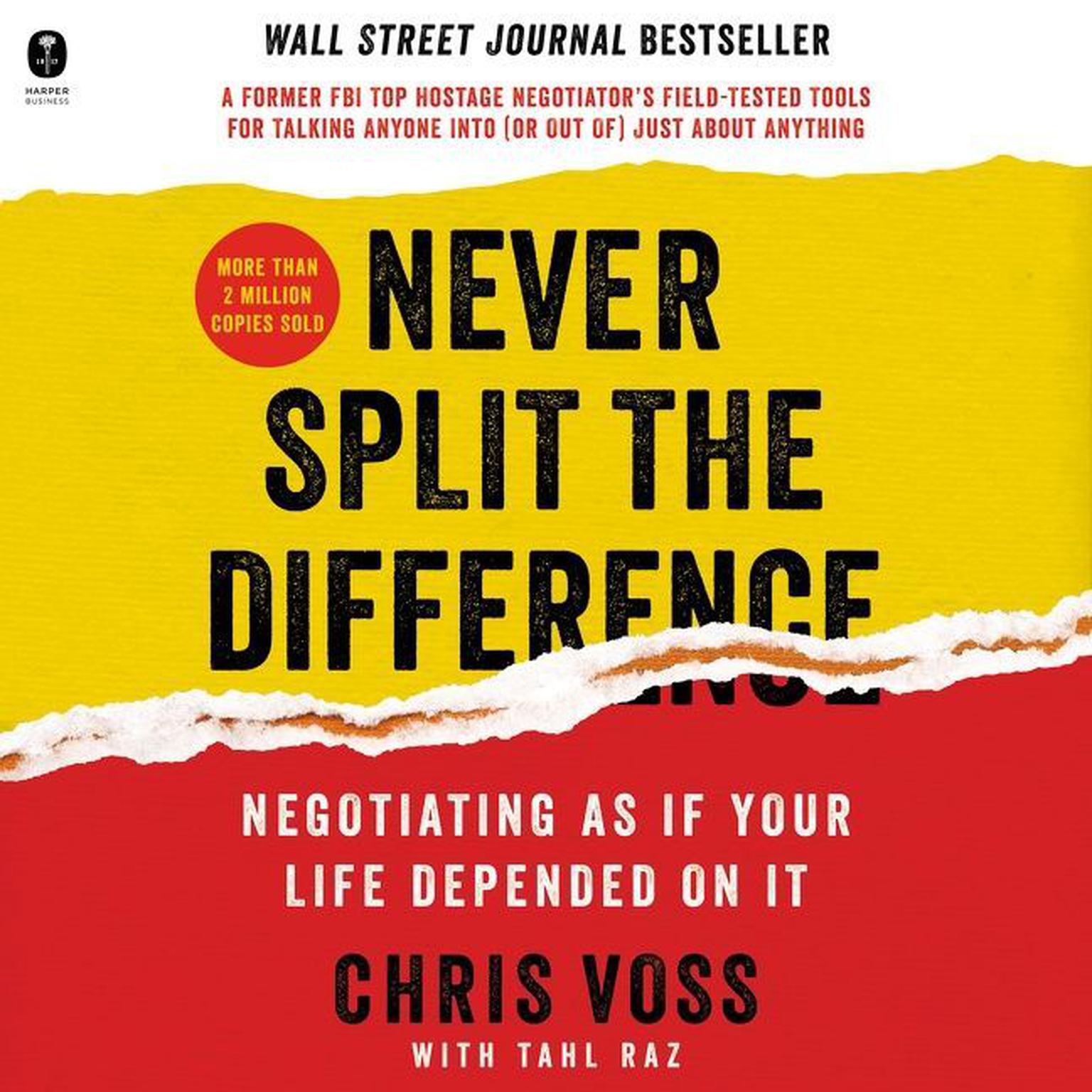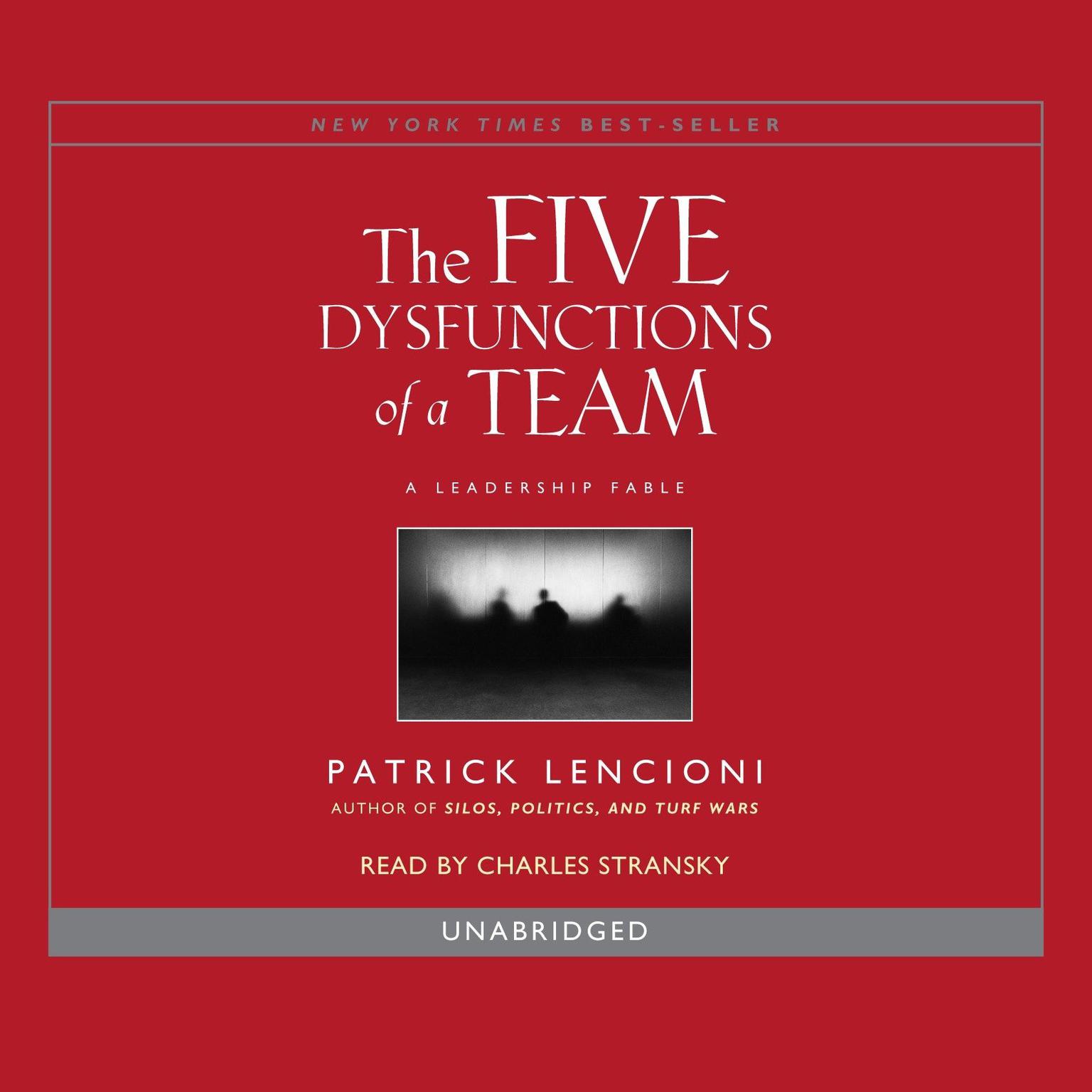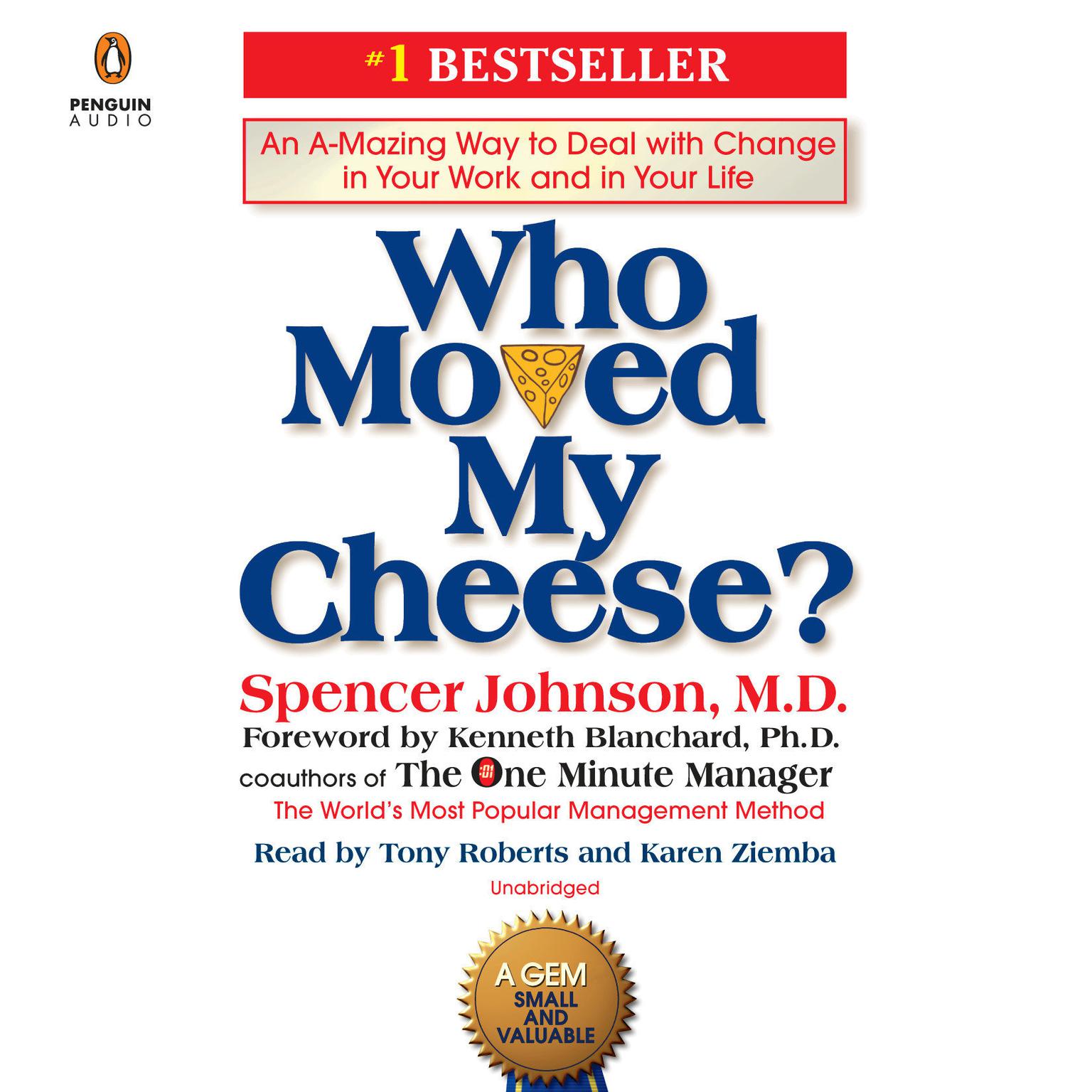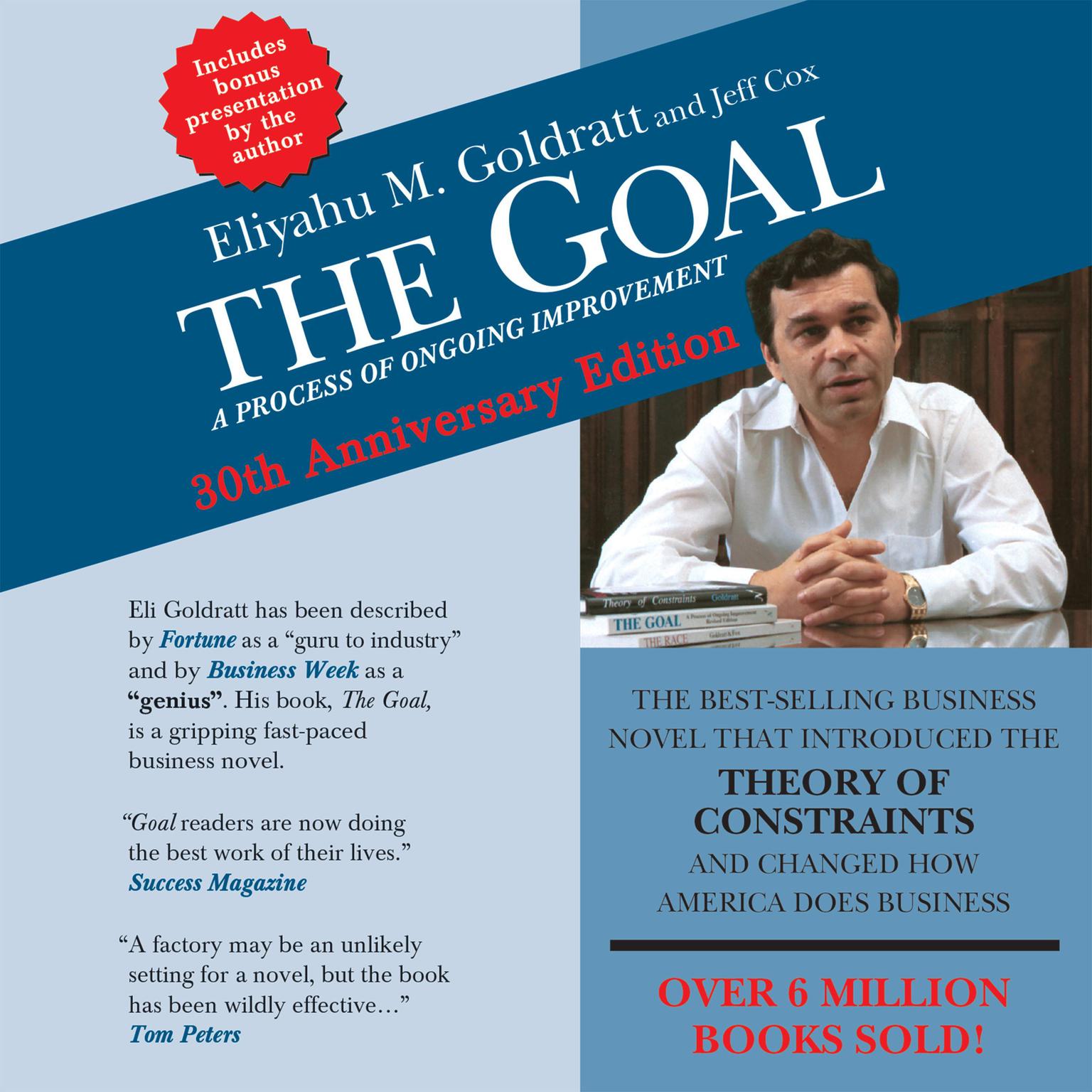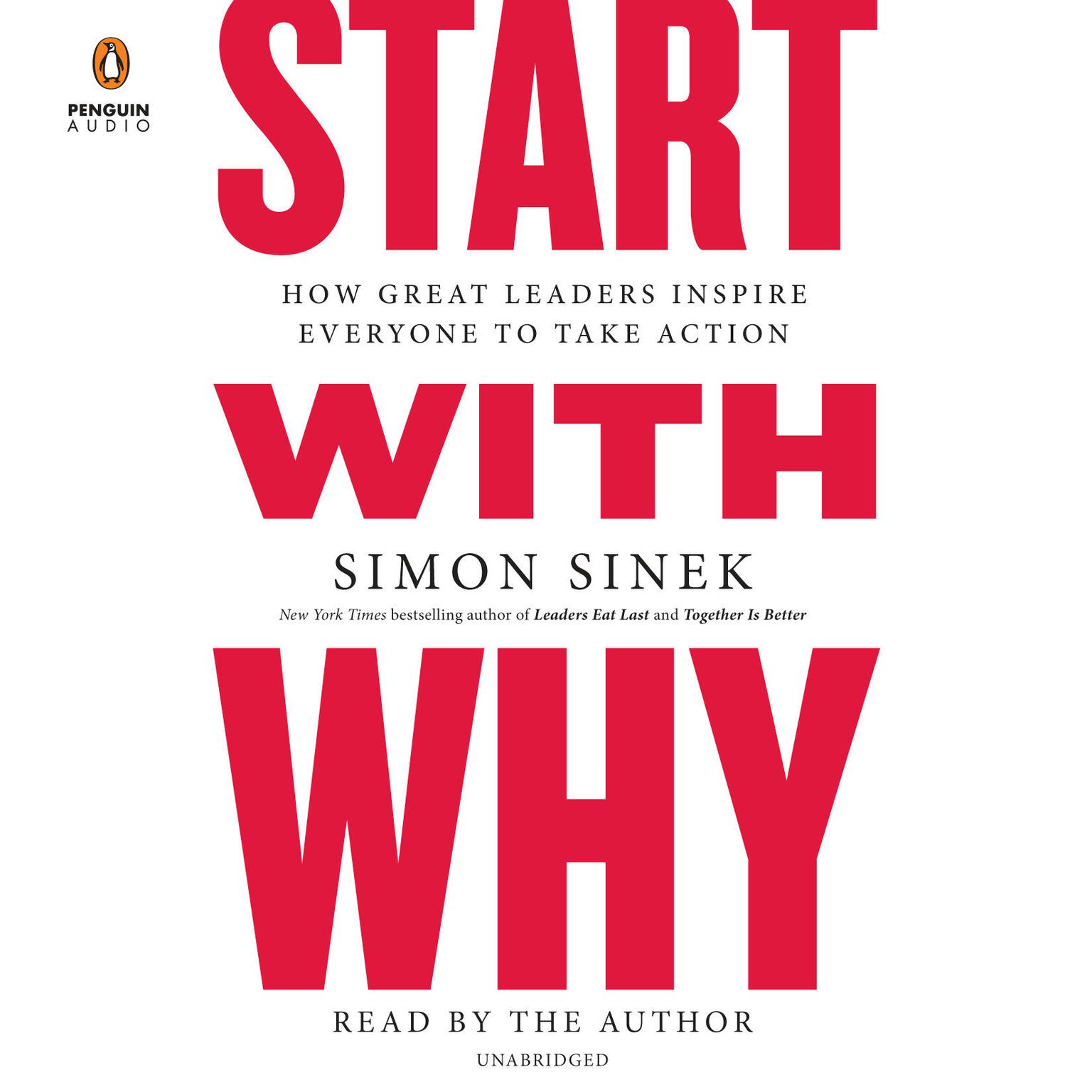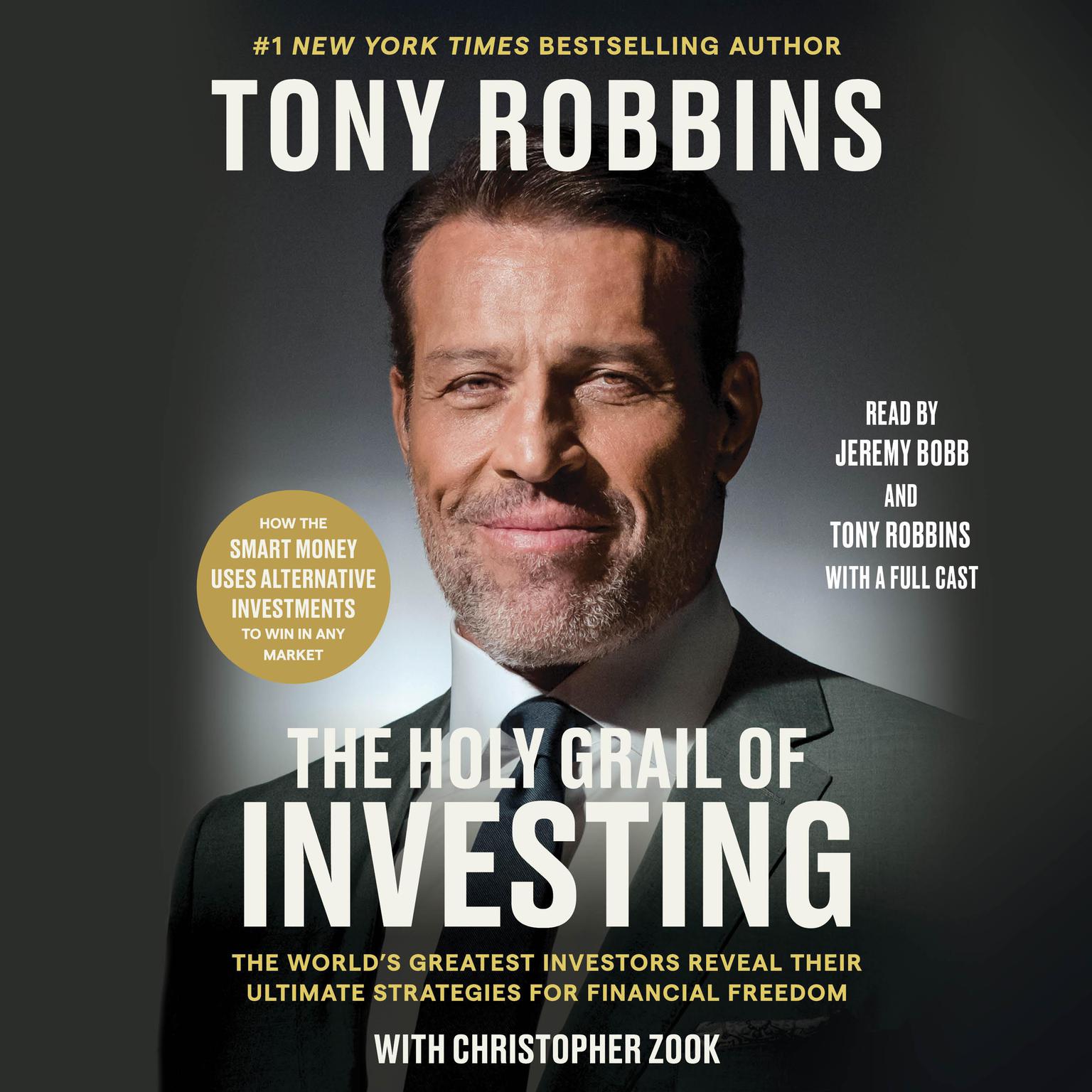Publisher Description
Robert Lustig’s 90-minute YouTube video “Sugar: The Bitter Truth”, has been viewed more than two million times. Now, in this much anticipated book, he documents the science and the politics that has led to the pandemic of chronic disease over the last 30 years. In the late 1970s when the government mandated we get the fat out of our food, the food industry responded by pouring more sugar in. The result has been a perfect storm, disastrously altering our biochemistry and driving our eating habits out of our control. To help us lose weight and recover our health, Lustig presents personal strategies to readjust the key hormones that regulate hunger, reward, and stress; and societal strategies to improve the health of the next generation. Compelling, controversial, and completely based in science, Fat Chance debunks the widely held notion to prove “a calorie is NOT a calorie”, and takes that science to its logical conclusion to improve health worldwide.
Download and start listening now!
“This book is depressing to anyone who struggles with weight and believes weight loss can be achieved through dieting, but it rings true and is well backed-up with research–and the author does, at the end, pose some solutions to the dilemma he outlines. Basically, this book says, diets never work and all you can do once you’ve ruined yourself by getting too many fat cells is exercise your ass off and try to eat lots of fiber and stay away from processed foods. Alcohol = evil. Sugar = evil. Also, when you reduce your food intake (as in a diet), your body will after a while almost ALWAYS reduce its own energy intake to counterbalance it and keep you from losing more weight. This is because when we were cavemen, we ate as much as we could in times of plenty, then slowly used up the fat in times of famine. Our bodies are apparently still keyed to that. However, the food industry, specifically through the 1970s initiative to go “low-fat” and through the discovery of the cheap-to-produce high-fructose corn syrup, took fiber out of most foods and replaced it with sugar. In the last couple of chapters, the author examines things that individuals can do (there’s a great shopping list with green, yellow, and red foods), and he also examines what we as a nation can do and looks at the social policy end of things. This is an interesting look at the obesity epidemic because it looks at public health, big food, and medical stuff all at once. What’s missing is psychology–but that’s kind of the point: this author doesn’t believe the obese should be blamed for psychological weakness. I agree–and yet I also think there are great food habits and techniques for managing intake that psychology/cognitive behavioral therapy can provide. But again, this book is not about that. It’s a great, if disheartening, read.”
—
Beth666ann (4 out of 5 stars)



